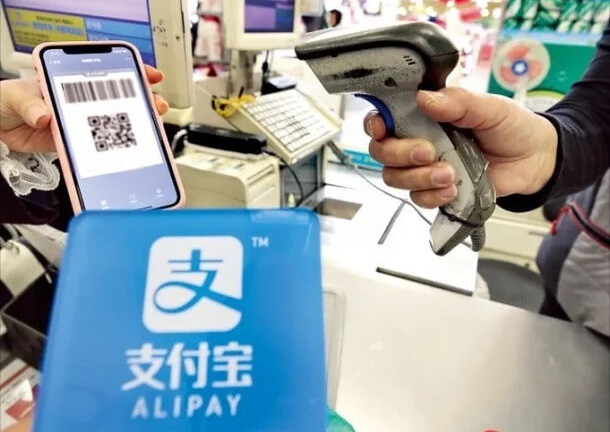
SEOUL—South Korea’s convenience store sector is experiencing a significant uplift, particularly in major commercial districts, as the return of Chinese group tourists—or youke—fuels a surge in retail sales. This trend is most apparent in areas popular with international visitors, like Seoul's bustling Myeongdong shopping district, where convenience stores are rapidly adapting their strategies to cater to the influx of foreign shoppers.
Sales Soar on Visa-Free Policy
The spike in business coincides with the recent resumption of visa-free entry for Chinese group tourists, which began in late September. Convenience store chain 7-Eleven reported a notable 20% increase in sales at its Myeongdong stores between September 29th and October 1st, compared to the previous week's corresponding days. This period directly follows the start of the new visa policy, marking a clear positive impact on the retail landscape.
The data reveals a shift in consumer behavior driven by Chinese tourists. Sales made via preferred Chinese payment methods, such as Alipay and UnionPay, showed substantial growth, indicating that the convenience stores have become a vital stop on their travel itineraries.
K-Culture and Breakfast Trends Drive Purchases
Analysis of the sales data highlights that Chinese tourists are stocking up on items for breakfast, a consumption pattern commonly observed in China. The yogurt category saw sales nearly double, while demand for soy milk—a product that serves as a popular substitute for doujiang (a traditional Chinese soy milk breakfast beverage)—rose by 50%. This illustrates a clear effort by tourists to seek familiar comfort foods and health-conscious options, aligning with broader consumer trends.
The surge in popularity is also being heavily influenced by K-culture. K-convenience stores have now cemented their status as a "must-visit course" for foreign tourists, following the appeal of K-beauty and K-content. Products associated with global pop culture are seeing huge demand. For instance, the "whole gimbap (rice roll)", which gained international attention after being featured in the popular Netflix animation K-Pop Demon Hunters (Kedeheon), has been a hit, prompting chains like 7-Eleven and rivals to launch similar products.
Customized Strategies for the Global Shopper
In response to the promising figures, convenience store operators are doubling down on tailor-made strategies to maximize foreign tourist spending.
Product Diversification: 7-Eleven is broadening its product line-up to attract international shoppers. This includes launching health-focused beverages like the 'Yonsei Hearty 23-Grain Soy Milk' and collaborating with bakery brands to offer items like 'Buchang Bakery Walnut Confections', specifically targeting Chinese tourists' fondness for nuts and baked goods. Rivals, including GS25 and CU, are also expanding their selections with items like Greek yogurt, highballs, and K-Pop albums, demonstrating a unified effort to cater to diverse tastes.
Payment and Service Convenience: Recognizing the importance of seamless transactions, convenience stores are actively promoting and offering discounts for Chinese mobile payment services. They are also improving multilingual support and services such as instant VAT refund terminals to ensure a smooth shopping experience.
Jeong Eun-ki, a team leader for product strategy at 7-Eleven, emphasized the industry's readiness. “The K-convenience store has established itself as an essential part of the foreign tourist’s itinerary. We have prepared to ensure there is no inconvenience in product or service use,” he stated. “As we anticipate continued growth in demand from international tourists, we plan to keep expanding our relevant product offerings in the future.”
The return of Chinese group tours, coupled with the rising global popularity of K-content, is proving to be a major boon for South Korea's retail sector, marking a strong revival for the post-pandemic tourism economy.
[Copyright (c) Global Economic Times. All Rights Reserved.]




























